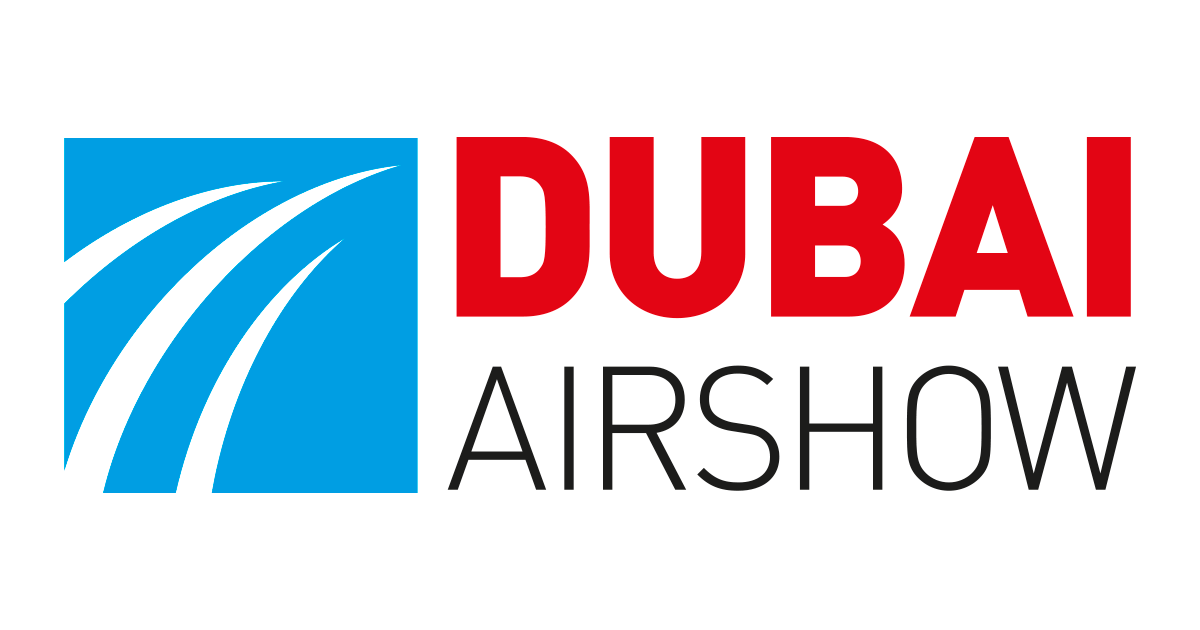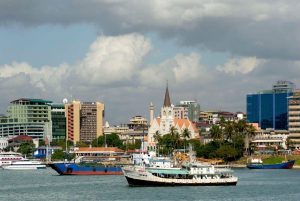Global aircraft manufacturers secured deals, touted new freighters, reconnected with customers and expressed optimism about the future at the Dubai Airshow that ended on Thursday amid signs of recovery from the Covid-19 pandemic that has hammered the aviation industry.
The world’s first major aerospace exhibition in two years since the onset of the pandemic concluded after a week in which dozens of multibillion-dollar commercial and military deals were signed, while aviation industry players emphasised their efforts at addressing climate change concerns.
The National provides a round-up of the biennial event’s highlights.
Airbus received orders and commitments for 408 aircraft, comprising 269 firm orders and 139 provisional orders, covering the range of its commercial aircraft families, including a first commitment for the new A350 freighter version.
The manufacturer, based in Toulouse, France, bagged a major order for narrow-body jets from private equity company Indigo Partners. The group’s airlines placed a firm order for 255 A321 Neo family aircraft, valued at $32 billion at 2018 list prices, although customer discounts are customary. The order includes 102 planes for Europe’s Wizz Air (75 A321 Neos and 27 A321XLRs), 91 A321 Neo aircraft for US-based Frontier, 39 A321 Neos for Volaris and 23 aircraft for JetSMART (21 A321 Neo and two A321XLRs).
The European plane maker also won a debut commitment for seven A350 freighter jets from US leasing company Air Lease Corp, as the global air cargo market booms.
The letter of intent for the 111 jets included 25 A220-300s, 55 A321 Neos, 20 A321XLRs, four A330 Neo wide-bodies and seven A350 freighters. The order will be finalised in coming months, Airbus said, without providing a deal value.
Kuwait’s Jazeera Airways placed an order for 28 A321 Neos and the option for five more jets in a deal worth $3.4bn at list prices, while Nigeria’s Ibom Air became a new Airbus customer with a firm order for 10 A220s.
On the third day of the air show, US rival Boeing scored an order for 72 737 Max jets valued at nearly $9bn at list prices. Smaller deals included an order by Air Tanzania for the 787-8 Dreamliner, a 767-300 freighter and two 737 Maxs. Emirates ordered two 777 freighters. Sky One FZE announced a sales agreement for three 777-300 planes.
Best things to see
Boeing’s mammoth 777X, the world’s biggest passenger jet, dominated the skyline of the air show’s static display, looming large with its signature wings and a queue of visitors waiting to see the interior. The international debut of the long-delayed aircraft came as customer Emirates and Boeing held discussions at the event about the timeframe to deliver the aircraft.
Russia displayed a prototype of its new fifth-generation warplane, the Sukhoi Su-75 Checkmate, for the first time outside the country.
State-owned Rostec revealed a perfume to commemorate the Checkmate’s international debut in a YouTube video.
“Checkmate is a fifth-generation fragrance for masters of the game,” the video says, revealing the Checkmate aircraft against the outline of a black knight chess piece. A full-size bottle appears through the rotating metal engine blades, a gift box unfolds into a black-and-white chessboard to highlight the slogan ‘Turn the Chessboard’.
Russia presented the Checkmate as a cost-efficient fighter jet with flight speeds of Mach 1.8 and a range of 2,800 to 2,900 kilometres.
Military spending
The UAE’s Ministry of Defence announced 22 deals worth Dh22.5bn during the first four days of the air show, awarded to local and international companies, according to its official Twitter account.
Abu Dhabi-based defence conglomerate Edge, whose exhibitor stand was among the biggest at the site, signed a slew of deals during the event. The latest included an agreement with weapons maker Israel Aerospace Industries to jointly develop advanced unmanned surface vessels for military and commercial use.
Airbus sold two additional Airbus A330 multi role tanker transports to the UAE Air Force and Air Defence, and secured a new export order for two A400M new generation airlifters from the Indonesian Ministry of Defence.
Emirates
The Dubai-based airline had a busy week at the air show. It signed an agreement with GE Aviation committing to develop a programme under which an Emirates Boeing 777-300ER powered by GE90 engines will conduct a test flight using 100 per cent sustainable aviation fuel by the end of 2022. The collaboration is expected to show how widebody commercial aircraft using jet fuel made from alternative sources can lower lifecycle CO2 emissions, it said.
Emirates SkyCargo announced that it will introduce two new Boeing 777 freighters into its fleet in 2022, and signed an agreement with Israel Aerospace Industries for the conversion of four Boeing 777-300ER passenger aircraft into full freighters, starting in early 2023.
The airline said at the air show that it will retrofit 105 of its Boeing 777 and A380 aircraft with its Premium Economy cabin. The entire 18-month retrofit programme, starting in 2022, will take place in its home base in Dubai.
During the show, Emirates was engaged in positive talks with Boeing regarding the delivery time and supply chain for the 777X programme, said Sheikh Ahmed bin Saeed, chairman and chief executive of Emirates airline and group.
When asked if state-owned Emirates could be among the 10 government entities that Dubai plans to list on its bourse, Sheikh Ahmed said: “We have successful businesses within the group that can be [listed].”
Etihad Airways
Sustainability was top of the agenda for the Abu Dhabi-based carrier at the show. Etihad Airways, which has been focused on its fleet of GEnX-powered Boeing 787’s under its Greenliner sustainability programme, will now include the Rolls-Royce XWB-powered Airbus A350 fleet. The first of Etihad’s A350s, launched at the air show as the “Sustainability50”, marks the airline’s commitment to the 2050 target of net-zero carbon emissions.
Aviation outlook for the Middle East
Middle East airlines will require 3,020 new passenger and freight aircraft deliveries by 2040, according to the 2021 Airbus Global Market Forecast launched at the show. This will bring the total fleet to 3,210 from a 2019 fleet baseline of 1,300 aircraft.
Airbus forecasts that air traffic in the Middle East will achieve full recovery to 2019 levels between late 2022 and mid 2024.
Source: The National News






